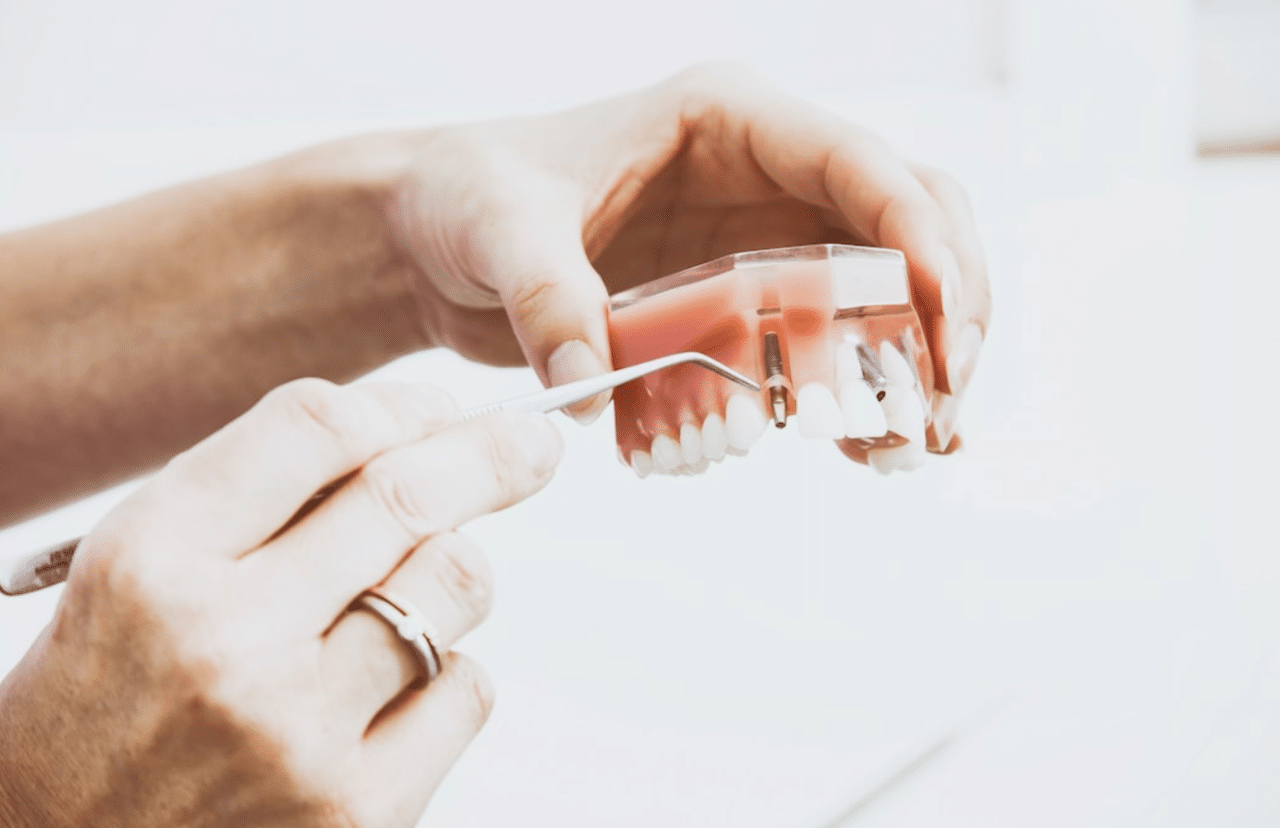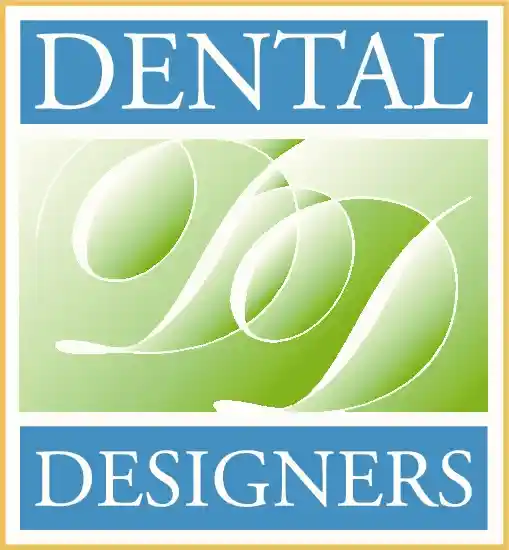When Do you Need a Sedation Dentist in Rockford
Life can be like a roller coaster ride, filled with twists and turns that often leave us feeling anxious. But for those who fear the dentist or have dental anxiety, even the thought of getting their teeth checked can bring on an incredible wave of dread. This article will provide an in-depth look at how one should know when it may be necessary to seek sedation for these fears and explore the options available in consultation with a Dentist in Rockford, IL.

Fear of the dentist is quite common among adults and children alike. It can manifest itself in multiple forms, including physical symptoms such as increased heart rate, sweating, nausea, trembling, shortness of breath, and feelings of helplessness or panic attacks. Fortunately, many steps can be taken to help treat this dental phobia and put your mind at ease while visiting the dentist’s office.
Overview Of Dental Anxiety And Fear Of The Dentist
Visiting the dentist can be a nerve-wracking experience for many people, and this fear is known as dental anxiety. It’s estimated that between 9 to 15 percent of Americans suffer from some form of dental phobia, while 3 to 4 percent have severe dental anxiety. Dentists often use nitrous oxide, or laughing gas, to help patients relax during their appointment. However, in cases where more serious sedation is needed, it may be necessary to consider oral conscious sedation or even general anesthesia, depending on the procedure.
If you’re feeling overwhelmed at the idea of visiting the dentist due to your fear and anxiety, don’t worry – there are ways you can ensure you get the care you need without too much stress. To determine if sedation might be right for you when visiting the dentist, let’s take a look at what warning signs indicate that it could be beneficial.
Warning Signs That You May Need Sedation At The Dentist
I know a lot of people who are scared to go to the dentist, so it’s understandable to feel anxious. If your fear and anxiety overwhelm you, you might need sedation at the dentist. If you’re in the Rockford, IL area, some great dentists specialize in helping those with dental anxiety. It’s important to be aware of the warning signs of needing sedation so that you can take the right steps to make sure you’re comfortable and safe during your appointment.

Fear Of The Dentist
Most of us feel a bit anxious about visiting the dentist, but for some people, dental anxiety becomes so extreme that it can stand in the way of getting essential oral care. If you dread your dental appointment or avoid going to the dentist altogether due to fear, sedation dentistry might be an option worth considering. Sedation options range from nitrous oxide sedation and local anesthesia at the level of conscious sedation all the way up to intravenous (IV) sedation.
Your dental office should discuss these options with you before procedures like extractions, root canals, deep cleanings, and even routine checkups if necessary. Don’t let fear keep you away from taking care of your smile; ask your Rockford, IL dentist today what type of no sedation option could work best for you!
Dental Anxiety
Having a fear of the dentist is a perfectly normal feeling, but when it becomes so extreme that it prevents you from getting important oral care, then perhaps sedation dentistry should be considered. Various types of sedation are available for adults and children, such as nitrous oxide sedation, local anesthesia, or even intravenous (IV) sedation depending on the type of dental procedure being done.
It’s important to stay up-to-date with the latest in dental technology so your dentist can provide you with all the available options; this way, you can make an informed decision about what will work best for achieving a healthy smile while also ensuring comfort during any necessary dental procedures. Don’t let your anxiety keep you away from taking proper care of yourself – talk to your Rockford, IL, dentist today!
Different Types Of Sedation Available To Help Overcome Dental Anxiety
Sedation dentistry can be a life-changing experience for patients with extreme dental anxiety. From inhaling nitrous oxide to twilight sleep and beyond, many forms of sedation are available for those struggling with fear of the dentist. Here is a brief overview of three common options:
Laughing gas
Patients breathe in a mixture of oxygen and nitrous oxide through a mask placed over their noses and mouth during the procedure. This mild form of anesthesia helps relax them while they remain conscious throughout the treatment.
Oral Sedatives
For more pronounced levels of anxiety, oral medications may be administered or prescribed prior to arriving at the office so that patients can enter into a relaxed state before sitting in the dental chair.
IV (Intravenous) Sedation
Intravenous or “twilight” sedation offers maximum relaxation by delivering medication directly into the bloodstream via an intravenous line. It allows patients to drift off into a dreamlike state without any discomfort associated with injections or needles.
No matter which type of sedative you choose, it’s important to find a dentist who understands your fears and is willing to offer free consultations about what works best for each individual patient. With proper preparation and support from your doctor, overcoming dental anxiety doesn’t have to feel like a mission impossible!
How To Prepare For A Visit With Sedation
Preparing for a visit with sedation can be intimidating, especially if you have dental anxiety. However, it doesn’t have to be! With the right preparation and knowing what to expect from your dentist and their team, you can feel relaxed and comfortable before undergoing any procedures. Here is a table for breakdown of how to prepare:
- Research Dentists in Northern Illinois.
- Find one that will provide an atmosphere conducive to relaxation
- Schedule An Appointment
- Create time to make sure everything runs smoothly
- Discuss Different Types of Sedation Options with Your Dentist
- Choose the best option based on your own pain and needs so you’re prepared to go into it
- Ask Questions About Any Procedure or Medication You Will Be Given
- Get clarification around potential side effects and complications or risks associated with them
- Understand How Long It Takes To Wake Up After Sedation Wears Off
- Know exactly when you’ll be able to go home and resume normal activities several hours afterwards.
Patients must understand that they must always follow instructions given by their dentist when preparing for sedation. This includes avoiding certain foods prior to the appointment time as well as taking medication at the prescribed times if necessary. Following these steps ensures maximum comfort during treatment while mitigating fear and anxiety about upcoming procedures. By learning more about available sedation options and talking openly with your dentist beforehand, you can create a plan that allows for complete relaxation throughout the process.
Benefits Of Sedation At The Dentist
Transitioning from preparing for a visit to the dentist with sedation, it is also important to understand the benefits of this option. Sedation dentistry offers many advantages when it comes to oral health and treatment options; specifically, it can provide relief for those who suffer from high levels of anxiety or fear about going to the dentist.
Less Stress
Patients may experience less stress while receiving their treatment as well as improved relaxation throughout their appointment.
Several types of sedation are available, depending on what type of procedure you need and your individual needs. These include inhaled minimal sedation (nitrous oxide), oral conscious sedation, intravenous (IV) moderate sedation, and general anesthesia. Each has its own set of pros and cons that should be discussed between the patient and doctor before any procedure takes place.
Pain Relief
Pain relief during procedures is the primary benefit of using one form of dental sedation over another. Most people who are afraid of dentists are usually anxious about the pain, and would rather not go to dentist at all. So this way, if patients know they will not feel pain, there is a relief.
Shorter Amount of Time for Treatment
Moreover, some forms oral sedation, such as nitrous oxide, allow teeth cleaning and other preventive care treatments to take place in shorter amounts of time than without sedation. This makes regular visits more comfortable for people with dental phobias or fears associated with visiting the dentist due to prior bad experiences, which can ultimately improve overall oral health outcomes by eliminating barriers to seeking professional dental care.
Tips For Maintaining Good Oral Hygiene Despite Your Fear Of The Dentist
It’s a common feeling to dread the dentist, but it doesn’t have to be that way! You can learn how to stay relaxed while visiting dentists with some practice and dedication. In fact, proper oral hygiene is essential for long-term health – so even if it takes a bit of courage at first, don’t let fear stand in your way. To help ease your anxiety, try talking with your dentist about their hours and availability and any medications or sedatives they may offer to make you feel more comfortable during appointments. Even small steps like setting aside time daily to brush and floss can go a long way toward improving your dental health. Don’t worry – taking care of your teeth doesn’t have to be an overwhelming task. With these tips, you’ll feel much more confident when visiting the dentist in no time!
Conclusion
No one should have to suffer through fear and anxiety regarding dental care. It’s important to understand the risks associated with sedation dentistry and alternative coping strategies that might be available instead of medication. With all this in mind, if you’re considering sedation dentistry for yourself or a loved one near Rockford, IL, consult your dentist about the cost, effects, and age restrictions involved.
Imagining a calm environment filled with compassionate professionals can help ease your fears and give you peace of mind during your dental appointment. You’ll be able to relax knowing you can receive quality care without sacrificing safety or comfort.
Frequently Asked Questions
What Are The Risks Associated With Sedation Dentistry?
Sedation dentistry is a safe and effective way to help anxious patients feel relaxed during dental procedures. However, like all medical procedures, dental sedation has some risks. These can include nausea, vomiting, slowed breathing rate, or an allergic reaction to the medication used for sedation. You must discuss any potential risks with your dentist before undergoing sedation dentistry so you can make an informed decision about your care.
Are There Any Non-Medicinal Coping Strategies For Dental Anxiety?
Surprisingly, up to 40% of people feel dental anxiety when visiting the dentist. Fortunately, various non-medicinal strategies can help cope with this fear. Cognitive Behavioral Therapy (CBT) is a popular method used to combat phobias and anxieties, which might be suitable for those with milder anxiety levels.
Additionally, relaxation techniques such as meditation or deep breathing exercises can also be helpful in calming nerves before appointments. Other alternatives include listening to music during treatment or bringing along a friend or family member for support.
What Is The Cost Of Sedation Dentistry?
Sedation dentistry can provide an effective solution for those suffering from severe dental anxiety. The cost of this procedure varies depending on the type of sedation used and other factors such as location and dentist experience.
Generally speaking, you can expect to pay anywhere between $100 – $800 for a basic appointment requiring minimal sedation; however, more complex procedures may be significantly more expensive. Discuss pricing options with your dentist beforehand if you’re considering using sedation dentistry to address your dental anxiety.
How Long Does The Effects Of Sedation Dentistry Last?
Sedation dentistry is a great solution for those who suffer from dental anxiety, as it can help reduce the fear and stress associated with visiting the dentist. It’s important to understand how long its effects may last, so you’re aware of when any remaining discomfort might occur. The answer depends on the type of sedative used – typically, and general anesthetics will keep one in a deep sleep until they wear off 8-12 hours later, while conscious sedatives like nitrous oxide or oral medications usually only have short-term effects that fade away within 1-3 hours after treatment.
Are There Any Age Restrictions For Sedation Dentistry?
Sedation dentistry is an effective way to reduce anxiety and fear during dental appointments. But many people have questions about the safety of this type of procedure, including whether there are age restrictions for sedation dentistry. Generally speaking, it can be provided to anyone who is old enough to understand the process and follow directions from their dentist or oral surgeon. However, patients under 18 years old may require parental consent before undergoing sedation dentistry, so it’s important to check with your dentist beforehand.

